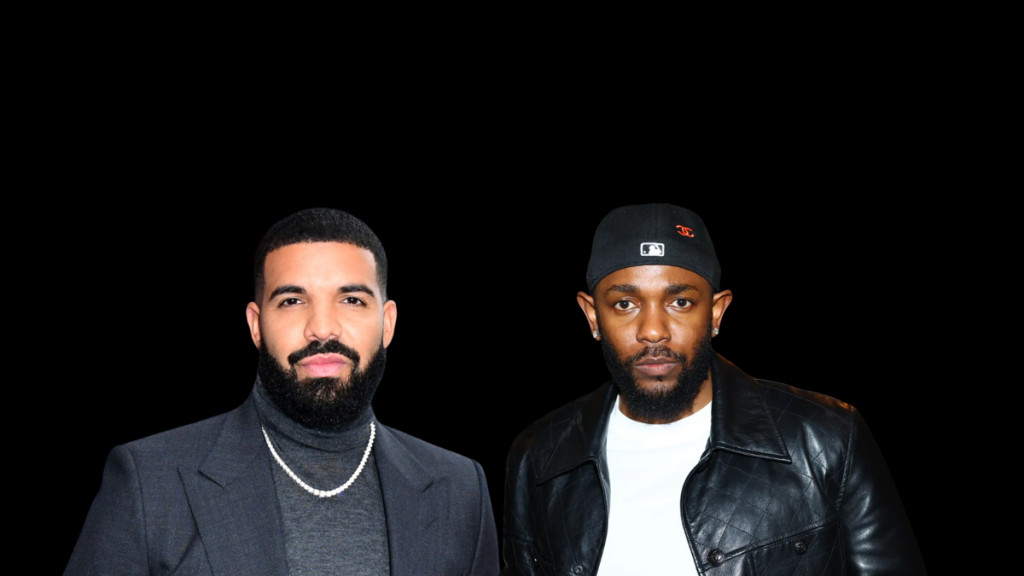For the first time in 30 years, no rap song has cracked the top 40 of the Billboard Hot 100 charts. And while some have said it’s due to Taylor Swift’s dominance, the lack of hip-hop superstars, or the recent lull in music from artists like Drake and Kendrick Lamar, the biggest reason might be the changes at Billboard.
Billboard recently updated its methodology and rules for the Hot 100. Whereas before this change, a song could remain on the charts even if it fell a couple of spots from week to week.
Now, if a song has spent a long time on the chart and falls below a certain position, it can be removed entirely. Under the new guidelines, descending songs will be removed based on the following thresholds:
Below No. 5 after 78 weeks
Below No. 10 after 52 weeks
Below No. 25 after 26 weeks
Below No. 50 after 20 weeks
These changes immediately impacted Lamar and SZA’s hit Luther, which fell off to No. 26 after a 26-week run and was removed from the chart. That opened the door for another rap song to take its spot, but unfortunately, that didn’t happen.
Still, larger cultural shifts also play a role in this change. In terms of mainstream marketability, rap may have reached its peak around 2020.
But this may also signal that rap is now so mainstream that songs featuring rap elements aren’t even categorized as full rap records anymore. Pop artists have been incorporating hip-hop influences since the ’80s, but there has never been a time when it was simply expected that rap would be part of a pop musician’s repertoire.
Additionally, this moment also points to the difficulty in developing crossover hits in our social media-addled musical landscape.
It’s harder to break out of a niche, and many rappers are finding success independently, using their own platforms without needing major labels.
It’s a double-edged sword: artists can make a living doing what they love, but their brilliance may never reach the widest possible audience.
All of this only matters if we believe the charts are still relevant to measuring rap’s success. Before artists like Drake made Billboard placements a central marker of dominance, it was the culture, the crowds, the clubs, the people, who decided whether a song was hot. Chart positions were secondary.
Perhaps, with all these shifts, we’re slowly returning to that era. And if that’s the case, the democratization of the internet may finally be living up to its promise.




